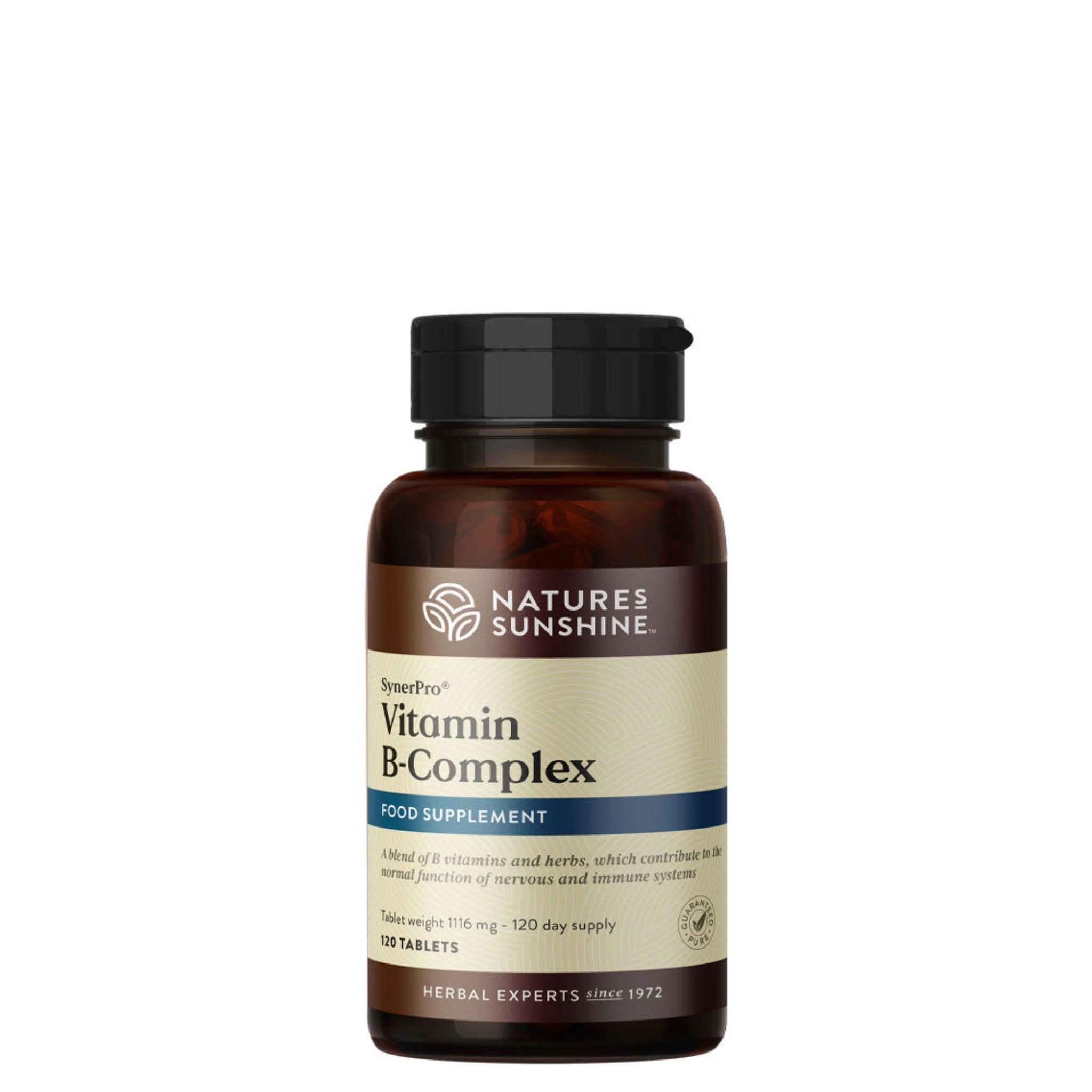
At one point or another, we will all experience brain fog.
Whether it’s due to stress, diet or lack of sleep, brain fog can happen to anyone, leaving you feeling tired, unmotivated and generally out of sorts.
Your brain is responsible for many vital functions, from your mood, feelings and emotions to your intelligence, creativity, motivation and ability to communicate and connect with other people. A healthy brain and strong memory are vital in maintaining your overall health and wellness, both physically and mentally. So, looking after your brain is just as important as taking care of your body and will help you stave off some of the worst impacts of the dreaded brain fog.
WHAT IS BRAIN FOG?
We all get that feeling of fatigue, inability to concentrate, and lack of motivation every now and then, and we all likely describe that as brain fog. But what actually causes it? Common causes of brain fog can be due to nutrient deficiency, lack of sleep (or of good quality sleep), hormonal changes, medication and ill health. Ageing also plays its part, as your grey matter deteriorates the older you get. The most common symptoms of brain fog include loss of cognitive function, such as problems with memory, slow thinking and inability to focus on tasks, whether at work or around the house. You may also find yourself to be irritable and exhausted more easily.
HOW TO GET RID OF BRAIN FOG
Your diet and lifestyle will have an overall impact on your brain function and memory as you age and can help keep the symptoms of brain fog at bay. Eating healthily, reducing stress, getting plenty of exercise, not smoking and limiting the amount of alcohol you drink have all been proven to help maintain, and even boost, your grey matter. A diet rich in fresh fruit and vegetables, healthy fats, wholegrains, and lean protein can also help boost your brainpower. Getting a daily intake of Omega-3’s, antioxidants and polyphenols will help your body protect itself against the free radicals that can damage brain cells. If you’re suffering from brain fog, chances are it will clear up naturally after a few days if you just relax, take it easy and be good to yourself. However, if you’re struggling, here are a few things you can try…
Get enough sleep
It is a well-known fact that the amount of sleep you get significantly affects your brain’s health and functions. Make sure you get a minimum of seven hours of sleep per night, ideally eight to nine hours where possible.
AVOID BLUE LIGHT IN THE EVENING
Blue light exposure from a laptop or phone screen blocks melatonin - the hormone that makes you sleepy. Avoiding screen time an hour before bed will increase your quality of sleep and help combat brain fog and tiredness.
TAKE REGULAR BREAKS AT WORK
Whether you work in an office or from home, taking regular breaks to move away from your screen and get your body moving will help keep brain fog at bay.
START MEDITATING
If you’re feeling especially groggy and fatigued, meditation can be a great way to de-stress and improve your overall mental health. You could also try doing some yoga before, during, or after your working day to de-stress and get your body gently moving to increase blood flow around your body. Essential oils can help create a relaxing, tranquil space to do this in.
RESEARCH VITAMINS
Low vitamin levels in your diet can also cause brain fog. For example, a lack of Vitamin B can cause dizziness and reduced brain function. Taking natural, nutritional supplements will help combat this and ensure you’re getting all the proper nutrients in your diet.
WATCH WHAT YOU EAT
Foods high in Omega-3 fatty acids, such as nuts and fish and your trusty leafy greens, all work to produce better brain function.
EXERCISE
Becoming more physically active will help beat brain fog. When you exercise, your body releases endorphins which naturally boost your mood and energy levels, pulling you out of your brain fog.
GET OUTSIDE
Taking a daily walk to the local park, shops, or just around the block, will give you better mental clarity. Fresh air and Vitamin D have a huge effect on brain health and can help you make better decisions with more focus.
Beating brain fog doesn’t have to be a strenuous task and can be achieved through simple lifestyle changes. Getting out and about to exercise and enjoy fresh air paired with a good balanced diet and sleep schedule will ensure you keep your brain fog at bay.
If you continue having problems with tiredness and concentration, consult your doctor for more advice and guidance.
Check out these links to find out more:

















